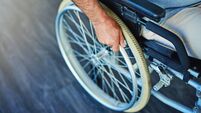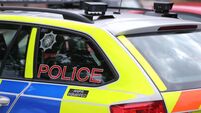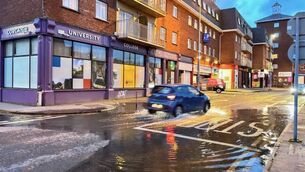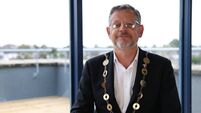Drug-driving reaching an ‘alarming scale’
RSA chief executive Noel Brett said research indicated drug driving could be a serious problem as 6% of young motorists admitted driving under the influence of recreational drugs.
The RSA survey of 1,000 people aged 17-34 also highlighted how 22% admitted they had been a passenger in a car driven by someone under the influence of drugs.













